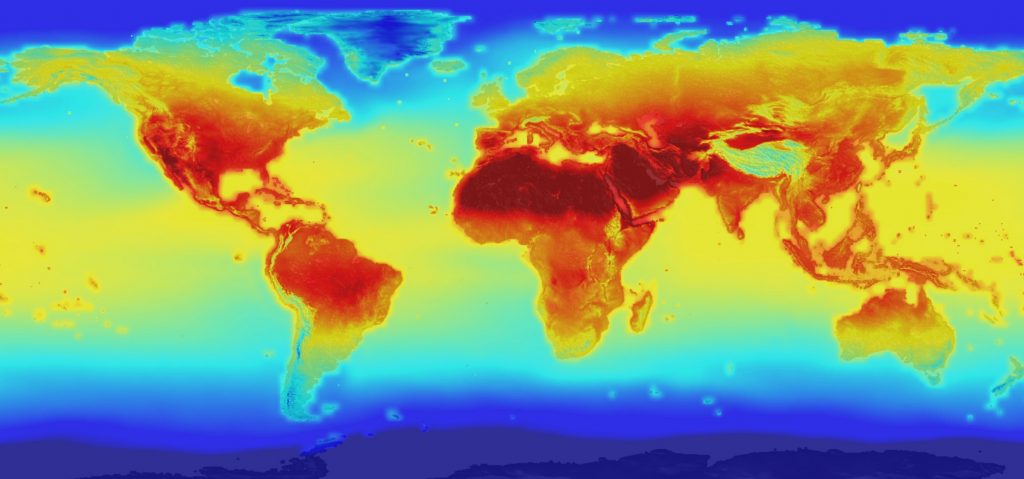Climate change or climate fraud?
By Graham Alabdulla, Staff Writer
Global warming, a subject that for some is akin to politics or religion, has advocates and critics. But why has this term remained instead of being replaced with climate change? Global cooling has been observed during the Little Ice Age period beginning in the 16th century to 18th century before the Industrial Revolution which ended global cooling and began global warming.
What is climate change? What is global warming? Why is there a debate surrounding these topics? Climate change is “a change in global or regional climate patterns, in particular a change apparent from the mid to late 20th century onward and attributed largely to the increased levels of atmospheric carbon dioxide produced by the use of fossil fuels”.
The definition of global warming is “a gradual increase in the overall temperature of the earth’s atmosphere generally attributed to the greenhouse effect caused by increased levels of carbon dioxide, chlorofluorocarbons, and other pollutants.”
The definition of global warming connects with the definition of climate change. Global warming is climate change — the term I will be using throughout this article. Advocates and critics of climate change disagree on three main points: the impact of human activities, whether action(s) should be taken against it, and its effects on the environment and organisms.
Advocates assert that human activities have significantly impacted and even caused the current warming trend, that immediate and thorough action should be taken to prevent future rise in temperatures, and that the rise in temperatures have had a significant negative effect on the environment and organisms.
Adversely, critics assert that human activities have had little to no effect on global temperatures, as the global temperatures are caused by natural cycles of temperature changes. Therefore, there should not be action taken against it; similarly the effect on the environment and organisms are natural consequences.
What is their opinion? The Intergovernmental Panel on Climate Change (IPCC) report that a global temperature increase between 3.2° and 7.2°F will occur by the end of the twenty-first century. In addition to the IPCC, seven different climate consensus studies including Naomi Oreskes, Peter Doran, William Anderegg, Bart Verheggen, Ed Maibach, J. Stuart Carlton, and John Cook reported on the consensus that humans are responsible for climate change, was between 90 and 100%, with 97% being reported by four studies.
This scientific consensus combined experts in their respective fields of climatology, the same technique used for other issues in the areas of finance, politics, and industry. The questions for climate change are no different and require a scientific expert. And, if that scientific expert disagrees with the rest of the scientific community, and their experiment can be reproduced millions of times and results in a statistically insignificant result, then the theory will change and science will adapt.

